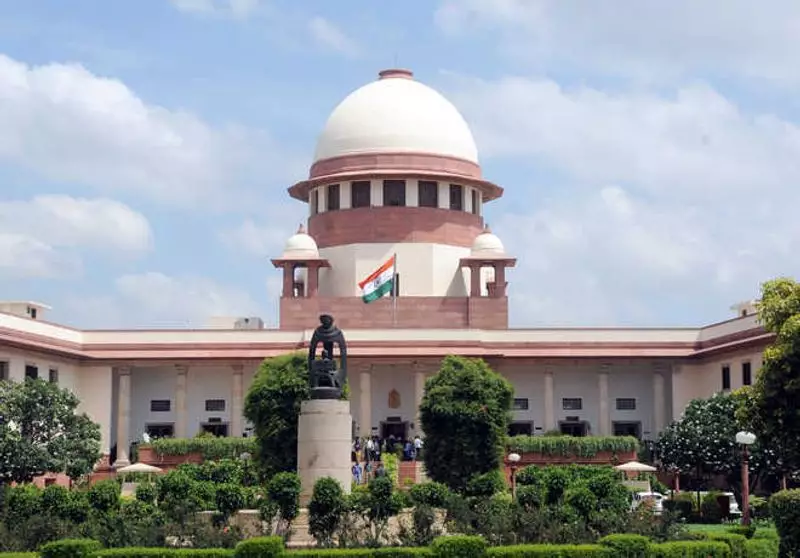
The Supreme Court of India has put on hold a significant directive from the Bombay High Court that mandated the formation of a Special Investigation Team (SIT) comprising both Hindu and Muslim members to probe the 2023 communal riots in Akola, Maharashtra. This development marks a crucial turn in the legal proceedings surrounding the violent incidents that shook the city last year.
Legal Challenge and Supreme Court Intervention
The apex court's decision came in response to a petition filed by the Maharashtra government challenging the Bombay High Court's order dated May 30, 2024. A bench comprising Justice B R Gavai and Justice K V Viswanathan issued the stay while acknowledging the seriousness of the matter and the need for thorough legal examination.
The Supreme Court noted that the High Court's directive to include members from both Hindu and Muslim communities in the SIT required deeper consideration. The stay order effectively pauses the implementation of this unique investigative approach until the court can conduct a comprehensive hearing on the matter.
Background of the Akola Communal Violence
The communal riots that erupted in Akola on May 13, 2023, resulted in significant damage to public property and created widespread tension in the region. The violence led to multiple casualties and injuries, with several vehicles and establishments being damaged during the unrest.
Local authorities had initially constituted a 10-member SIT to investigate the incidents, but the Bombay High Court found this approach insufficient. The High Court had emphasized the need for greater diversity in the investigative team, specifically calling for representation from both affected communities to ensure impartiality and build public trust in the investigation process.
Legal Proceedings and Government's Position
The Maharashtra government, through Additional Solicitor General K M Natraj, argued before the Supreme Court that the High Court's directive was unprecedented and potentially problematic. The state government maintained that the composition of investigative teams should be based on professional competence rather than religious identity.
The Supreme Court has scheduled the matter for further hearing in July, indicating the urgency and importance it attaches to this case. The interim stay provides temporary relief to the state government while allowing the apex court to deliberate on the constitutional and practical implications of the High Court's order.
Implications and Future Proceedings
This case raises important questions about the composition of investigative teams in communally sensitive matters. The Supreme Court's final decision could set significant precedents for how such investigations are conducted across the country, particularly in cases involving inter-community conflicts.
Legal experts are closely watching the developments, as the outcome may influence how courts balance the need for diverse representation in investigative processes against established principles of police administration and investigation procedures.
The Akola riots investigation continues to be a closely monitored case, with both communities awaiting justice and accountability for the violence that disrupted peace in the region. The Supreme Court's intervention represents a critical juncture in ensuring that the investigation proceeds in a manner that upholds both legal principles and public confidence.





